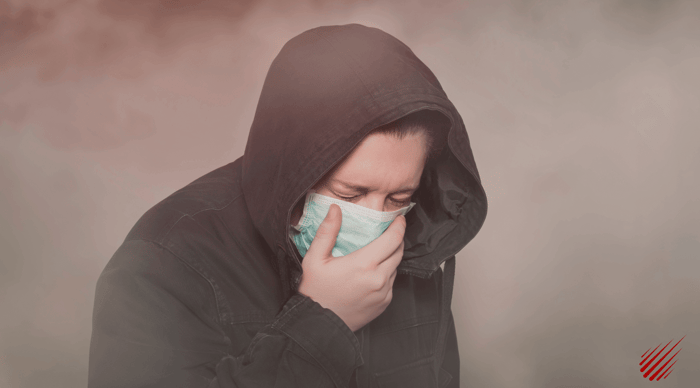
What Happens When the Air Quality Index (AQI) Reaches a Level of 500?
When the air quality index (AQI) reaches a level of 500, it indicates a hazardous level of air pollution. An AQI of 500 is considered the highest level on most air quality scales and is associated with severe health risks.
At an AQI of 500, the air is heavily polluted, and individuals, especially those with pre-existing respiratory conditions or sensitive individuals, are at significant risk. Here are some potential impacts of such high air pollution levels:
1. Respiratory Symptoms: Breathing in heavily polluted air can cause or exacerbate respiratory symptoms such as coughing, wheezing, shortness of breath, and chest tightness. Individuals with asthma, chronic obstructive pulmonary disease (COPD), or other respiratory conditions may experience more severe symptoms.
2. Decreased Lung Function: Exposure to high levels of air pollution can temporarily decrease lung function, making it more difficult to breathe properly.
3. Aggravation of Existing Health Conditions: People with existing respiratory and cardiovascular conditions, such as asthma, bronchitis, heart disease, or lung disease, may experience worsened symptoms or increased risk of complications.
4. Irritation of the Eyes, Nose, and Throat: Polluted air can cause irritation of the eyes, nose, and throat, leading to discomfort, redness, itching, and soreness.
5. Increased Risk of Infections: High levels of air pollution can weaken the respiratory system, making individuals more susceptible to respiratory infections such as colds, flu, and pneumonia.
6. Long-Term Health Effects: Chronic exposure to severe air pollution can have long-term health effects, including the development or worsening of respiratory and cardiovascular diseases, reduced lung function, and increased risk of premature death.
During such extreme air pollution conditions, it is crucial to follow local advisories and take necessary precautions to minimize exposure. This may include staying indoors, using air purifiers, keeping windows closed, wearing masks if going outside, and seeking medical attention if experiencing severe symptoms. It's important to stay informed about the air quality conditions in your area and follow the guidelines and recommendations provided by local health authorities to protect your health during periods of high pollution.
See also: 5 Useful Over-The-Counter Medications for Wildfire Smoke


